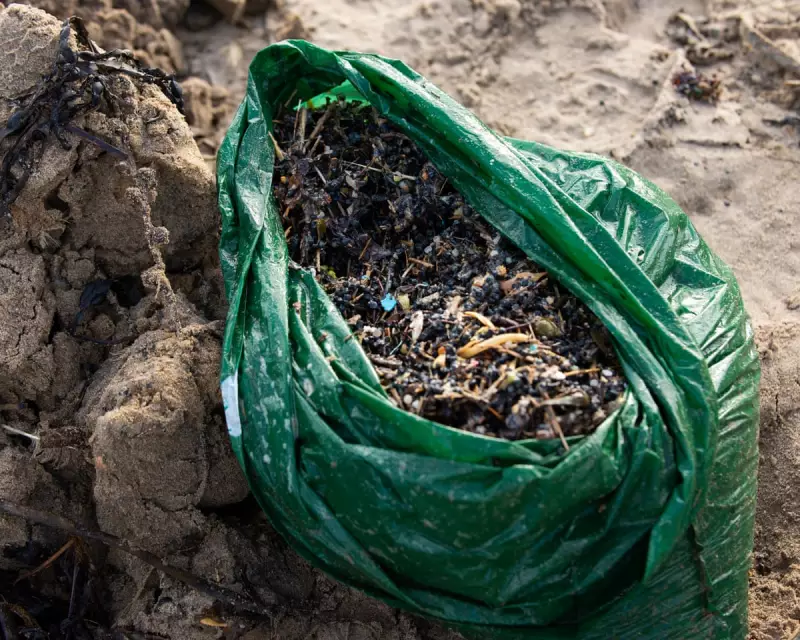
Southern Water has issued a public apology after admitting responsibility for a catastrophic spill of millions of plastic biobeads that has polluted the cherished Sussex coastline.
The incident, described by a local campaigner as the worst pollution event he has ever witnessed, saw the tiny beads wash up on beaches including the renowned Camber Sands over the weekend.
Mechanical Failure at Treatment Works
According to the water company, the environmental disaster was caused by a mechanical failure at its Eastbourne wastewater treatment works. The biobeads are a critical component in the final stage of the sewage cleaning process, designed to purify water before it is released back into rivers or the sea.
A spokesperson for Southern Water stated: "After completing the initial stages of a thorough investigation, which is continuing, we believe it is highly likely that the beads have come from our Eastbourne wastewater treatment works."
The company identified a failure of a screening filter, which should have prevented the beads from escaping into the sea during a period of heavy rainfall. "We are very sorry this has happened and are doing everything possible to investigate and resolve the problem," the spokesperson added.
Wildlife at Serious Risk
The resulting pollution poses a severe threat to the area's diverse wildlife. Camber Sands in East Sussex is not only a beloved beach but also a vital habitat for several protected species.
The beach is home to:
- Dolphins and porpoises
- Seals
- Seabirds including terns and cormorants
These plastic biobeads contain a high number of polycyclic aromatic hydrocarbons, which have been linked to cancer. They are also known to contain toxins such as lead, antimony, and bromine.
Once in the marine environment, the beads attract algae, which makes them smell like food to sea creatures. When ingested, the beads can poison the animals. Locals have reported finding several dead stranded seals and a porpoise in recent days, raising fears that the deaths are directly linked to the spill.
Volunteer Cleanup Efforts Underway
Volunteers, including staff from Southern Water, have spent days attempting to rid the beach of the tiny plastic pellets. Using rakes, dustpans, and brushes, they face a near-impossible task.
If left in the environment, the beads will break down into microplastics that are almost impossible to extract from the sea and the food chain, creating a long-term ecological hazard.
Southern Water has pledged its continued support for the cleanup, which is being led by Rother District Council. The company has also asked that its staff, who are assisting with the beach clean, be treated with respect.
It remains unclear whether Southern Water will face any formal punishment, such as a fine, for the spill. The Environment Agency has been contacted for comment on the matter.





